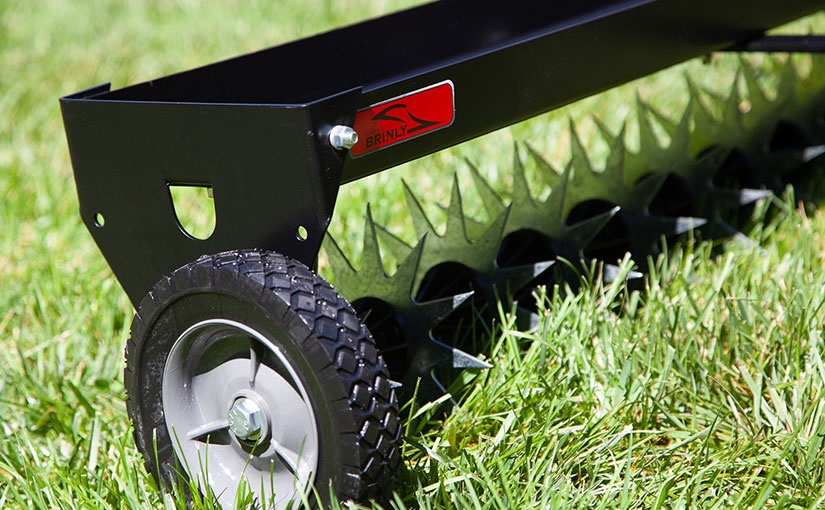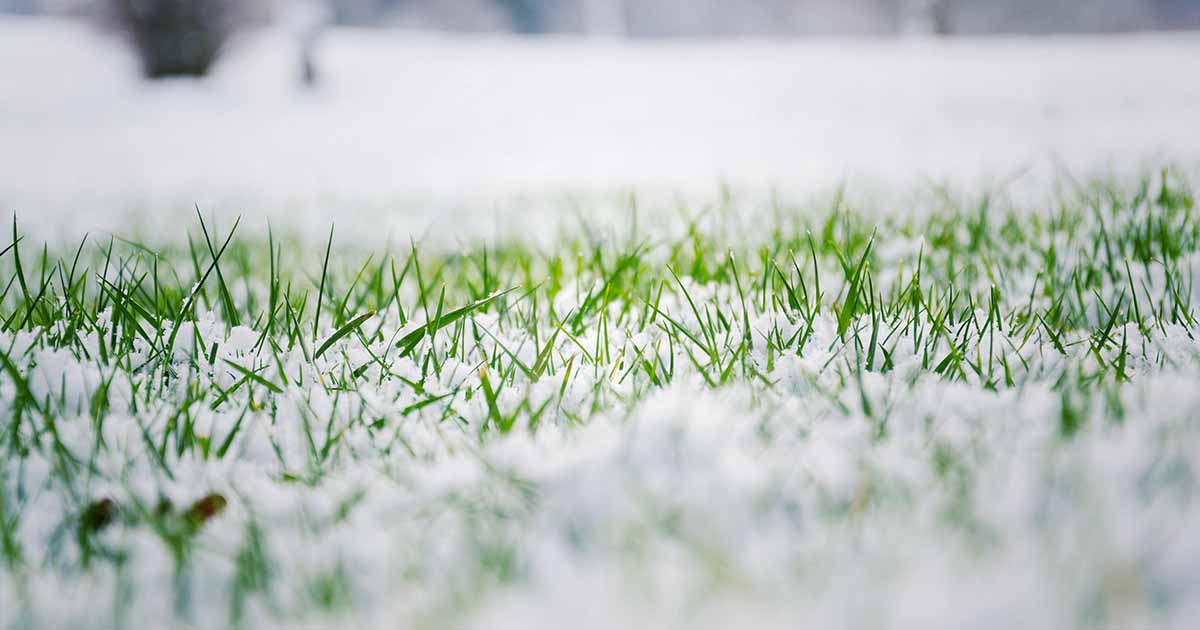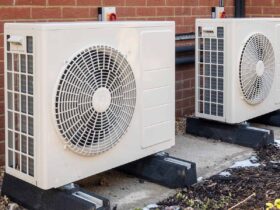As winter approaches, you should pay more attention to your lawn as this is a make-it or break-it season for your grass. These cold months tend to be quite harsh, and failure to take the right action will leave you with a severely damaged lawn once it starts to get warmer. Here are eight crucial winter lawn care tips every homeowner should know.
Aerate your lawn
One of the best ways to get your lawn ready for winter is by having it aerated. This will break up compacted soil, providing room for air and nutrients to get to the roots. Lawn aeration will also help inhibit weed growth, allowing for a healthy lawn once winter ends.
It is best to consult a residential landscape designer before you try to aerate your lawn manually. Different types of grass have varied tolerance to the cold temperatures of winter and must be handled with great care to avoid further damage. Timing is also important as most lawns need to be aerated weeks before the first frost to allow grassroots to become stronger.

Fertilize your lawn
Aerating your lawn and fertilizing it just before winter goes hand in hand. Once you break up the compacted soil, there will be space for fertilizer to penetrate the roots. This allows your grass to be ready for the growing season as its roots will have sufficient nutrients for rapid growth once it gets warmer.
You need to carefully choose the fertilizer to use since your lawn requires extra nutrients to survive the harsh winter months. The type of lawn fertilizer to use should be one that a certified landscaping architect recommends.
Seed the lawn
Most turf roots grow extensively in winter, making it the opportune moment for seeding your lawn. Opt for cool weather grass seed that is resilient to the cold temperatures and quick to germinate. Remember, you will need to water the planted seeds for at least two to three weeks until they start to germinate.
Mow your lawn
A common mistake most homeowners make is stopping mowing their lawns once the cold months roll in. This is due to the general assumption that grass stops growing during these months and that there is no need to mow the grass. However, your lawn will continue to grow normally, especially in the first weeks of winter, and you need to mow it to keep the grass at around 2 to 2.5 inches tall.
Do not forget that if you leave your grass to grow too long, it will attract mold and diseases, besides being a good nesting place for pests. On the other hand, if you cut it too thin, its ability to survive the harsh seasons will be compromised. Get your lawn looking great all year round with advice from Green New Lawn.

Clear your lawn of debris
Your lawn needs to be free of debris before winter, as this is the most efficient way to ensure your grass does not die because of suffocation. Rake up those fallen leaves and clear all organic debris to avoid creating a wet barrier that will leave your grass sun-deprived. These barriers created also tend to harbor molds and diseases, making it important to avoid them at all costs.
A good way to reuse and recycle organic debris to help your lawn during winter is by grinding them into mulch. You can do this by running over them with your lawnmower or adding a mulching blade to grind them into finer organic matter. You can then use this DIY mulch to enrich your lawn by providing natural nutrients while also helping regulate temperature and moisture.
Go slow on de-icing chemicals
It is common to use de-icing chemicals such as rock salts to melt ice. Unfortunately, these chemicals can damage the grass and should be used sparingly. To protect your lawn, purchase plant-friendly snow and ice chemicals that will not be as harsh on your lawn.
Don’t forget weed control
Weeds are stubborn, and they never seem to have an off-season. Since you do not want to deal with a lawn that has been taken over by weeds once winter comes to an end, it is vital to treat your grass with herbicide. Some pesky weeds need to be removed by hand while others are best sprayed, making it important to hire weed control and removal specialists.
Keep off the grass
Once winter sets in, it is best to keep off the grass at all times. Your lawn is extra fragile during these cold months, and normal foot traffic is enough to lead to damage. Have everyone use walkways more to avoid stepping on frozen grass that has become brittle and weak.
Endnote
Your lush and green lawn can easily get damaged during winter if you do not keep up with proper seasonal lawn care requirements. Prepare for the cold and harsh season by using these tips to offer your grass everything it needs to keep thriving.






















Leave a Reply